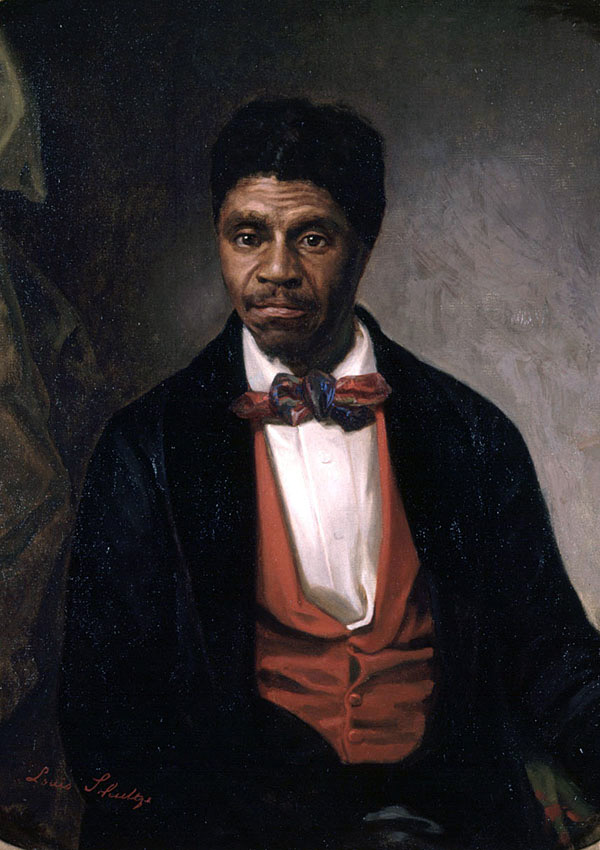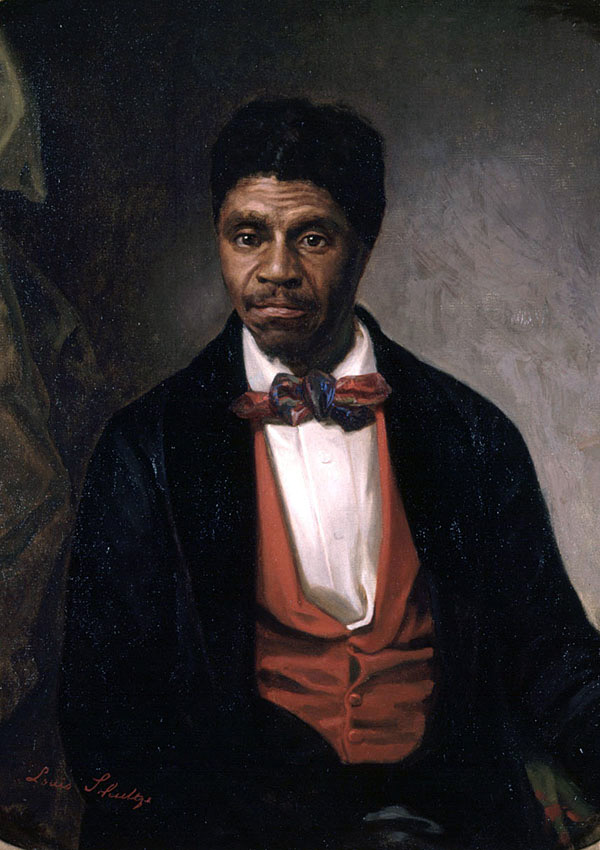There is now a religious test for participation in the Canada Summer Jobs programme. Applicants are required to deny their religious beliefs on ethical and moral issues in order to receive the grant. Background articles here and here.
In many of the writings about this grant, there are more than a few things omitted; one of the most significant is that no organizations or charities are enriched by it. 100% of the grant funds flow to students. The employer receives the funds (50% of the cost for for-profit businesses, and 100% for registered charities) plus “MERCS,” Mandatory Employment Related Costs (such as the employer’s share of Employment Insurance, Canada Pension Plan and Workplace Safety Insurance Board, all totalling about 17%).
At the end of the summer, each employer must reconcile and refund any money that is left over. Rather than being free money, the extra administration actually costs the employer. Also, the employer pledges not to hire a CSJ (Canada Summer Jobs) student at the expense of a regular employee. So if you have a custodian at a daycare (like we do), we can’t lay them off for the summer and replace them with a CSJ student. They are handy to have around, but often require a lot of guidance, mentoring and patience. Think of that “Millenial Job Interview” parody floating around.
The attestation that is required this year means that the grant is not available this year to any group that can’t sign it. Full text here:
“Both the job and the organization’s core mandate respect individual human rights in Canada, including the values underlying the Canadian Charter of Rights and Freedoms as well as other rights. These include reproductive rights and the right to be free from discrimination on the basis of sex, religion, race, national or ethnic origin, colour, mental or physical disability, sexual orientation or gender identity or expression.”
Everything after the phrase, “underlying the Charter of Rights and Freedoms” is not in the Charter, but is added by the Trudeau government. What they are requiring is a set of beliefs necessary to receive the grant, even if the organization is not a group dedicated to pro-life causes. So no real Christian church can sign this.
But during his “town hall” meetings of the last two weeks, Mr. Trudeau is attempting to soften it by saying that they only meant groups that are against abortion as their purpose in existing. This is wrong on several counts:
- What he says he meant and what is written are different, but no organization can apply based on a public statement. The law is what is written, not an interpretation of the fact.
- There are registered charities whose whole purpose is to stop abortions from being legal and available. CRA (our IRS) accepts these charities as valid, and they can issue tax receipts and pay no tax on their income. In order to make this stick, the government may need to outlaw ideologies different than their own by actual law and not by mere application, as in the CSJ attestation.
- In striking down Canada’s abortion law in 1988, the Supreme Court said that “the state interest in protecting the fetus was sufficiently important to justify limiting individual Charter rights at some point.” This means that it is legitimate, even if disagreeable, for groups to form to create laws against abortion. In theory, at least, a pro-life political party could arise and, after winning a majority government, ban abortion.
- First, in the US, the church has allowed itself to be neutered on this, and conservative churches are the only ones playing fair. The Johnson Amendment. In short, if you want to be tax-exempt, lay off the endorsements. When Clinton was being challenged by Dole (do the Republicans do this on PURPOSE???) I was visiting Detroit on a Sunday morning and tuned in to a local church service on the AM. It was a black preacher who was endorsing Bill Clinton as openly as is possible. Have you ever seen a Democrat presidential candidate that doesn’t wind up at a Black church on a Sunday morning? Even today I see where Mike Pence was shamed during a church service (Black church) because of Donald Trump. None of that is legal, but I have never heard of a church’s charity status being threatened on account of it.Meanwhile, conservative churches hand out voter information guides about the issues and where each candidate stands but remaining careful not to endorse one or the other.
I imagine that in 1954, no Bible-believing Christian (well, maybe the sharper ones) would worry how this law could be used to silence Christians. But the double-standard of how Democrats are treated and how Republicans are treated is pretty evident and mirrors the Canadian situation under Trudeau. A pro-abortion group will have every grant available, no questions asked.
Christians need to reclaim the fact that they have Constitutional rights that are not abrogated by their exercise of religious and conscience rights.
The Johnson amendment is probably the first step in a socialist removal of tax deductions for charities. The philosophy behind it, as well as our CSJ debacle, is that the government gives a grant when it allows someone to keep their money. At the heart of this is the assumption that all wealth belongs to the government.
- Government money is the taxpayers’ money. When we apply for a CSJ grant, we are trying to reclaim some of the money taken from us for redistribution. The government has no money that has not been forcibly taken from its citizens.But if taxpayer funds, whether released in a grant or left in the pockets of the citizens in the form of a tax refund, are seen to belong to the government, the question remains as to why a government would allow tax exemption at all. I think Trudeau has shown his hand, and if his government wins another term, he will require that all charities submit to this attestation.
I might add that socialism has no use for charities because 1) they compete with government and do a better job and 2) they point up the need for help beyond the government. They show the failure of the government to do what it promises–redistribute wealth fairly.
It should be noted that if tax exemption is removed, either in the US or Canada, it is not only the threat of a tax on the offering plate that is a problem–the greater threat to churches is the loss of property tax exemption. Even a modest urban church in Canada could see a monthly tax bill higher than their monthly budget, and megachurches would be hit very hard.
- It will be objected by some that “the government is secular, so why should that money be “given” to religions?” First off, neither Canada nor the USA are secular governments. Just saying they are (as in Canada) does not make it true.Many Bible-believing Christians see to obey the law of the land. But that does not mean that every law is valid, or that a ruling government has the rights over the spheres of life it asserts. Modern governments assert authority over when human life begins when it should end (euthanasia is legal here), who controls the family (family services agencies), what a family is (Same-Sex Marriage), how a person can be helped (laws against “Conversion Therapy”) which can make it possible to make religious conversion illegal, how much a person is permitted to sell his services for (minimum wage laws), control over thoughts such as hate-speech; the list can go on.
Because Western governments assert ownership of a particular area of life is no reason to accept that assertion.
Oddly, Canada’s charity law (so far) is better than the US one. A charity may commit 10% of its resources (time, money) to political activities. I attend annually a Charity Law seminar here. Each year a CRA representative from the charities branch comes and explains changes to our laws. A couple of years ago, she said that many churches are pro-life, and using that 10% of resources to advance that cause was fine since churches see that as a moral and theological issue, not merely a political one. But whether Canada or the US, it is necessary for Christians to use the political power that they still have, and exercise their rights.
As a Christian consensus recedes, it is imperative that Christian remember that the truth, the very facts of the consensus do remain, even if they are denied by governments, media, academia, and popular thought. When the Christian consensus recedes, it creates a vacuum, and secularism will fill it, and assume all the ground conceded. The Christian worldview applies to man’s law, indeed supercedes it. When man’s law is in conflict with God’s law, the latter must and does prevail.
A government or court of law may determine that an unborn child is not a human who has human rights. This does not make it true, and the Christian must never cede dominion to man more than God permits.




